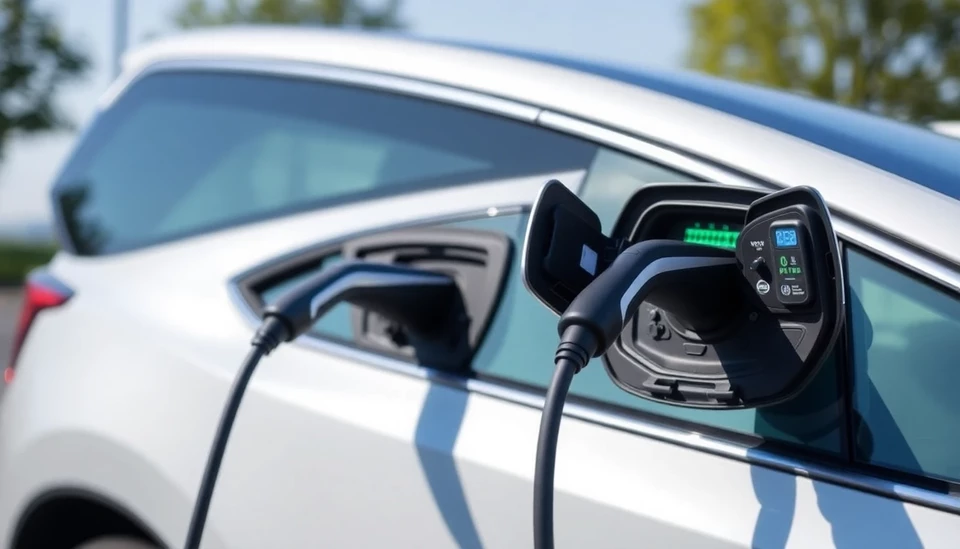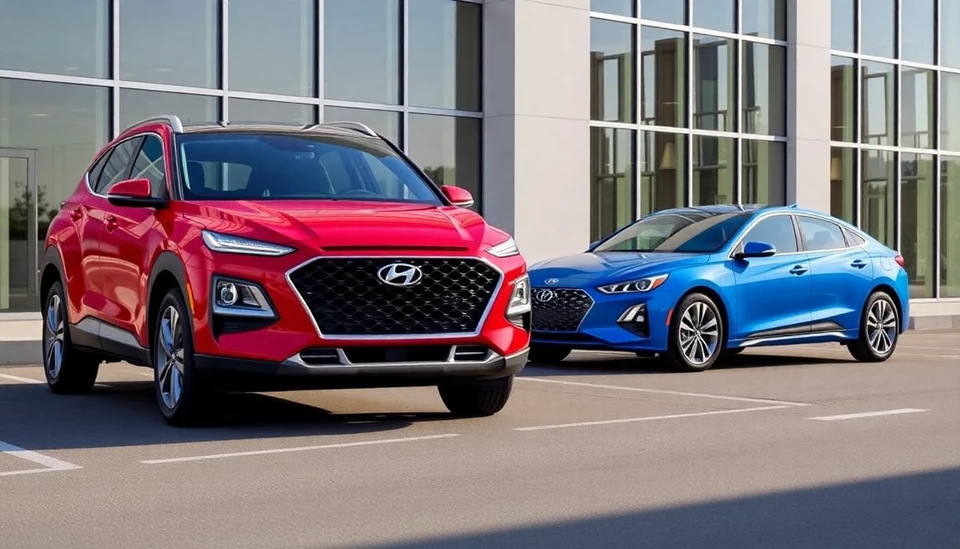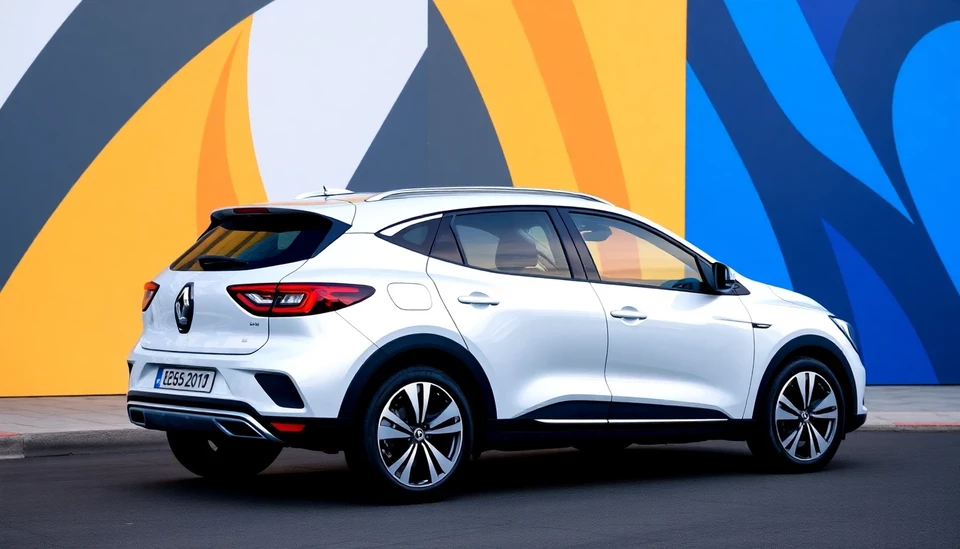
The landscape of electric vehicle (EV) charging is undergoing a seismic shift as the cost of chargers experiences a significant decrease, marking a pivotal moment for the burgeoning EV market. Recent reports indicate that various factors have converged to reduce prices dramatically, making charging infrastructure more accessible for consumers and businesses alike.
According to a detailed analysis by industry experts, the average price for Level 2 home chargers, commonly used in residential settings, has plummeted by nearly 50% over the past year. This drop is attributed to a combination of increased competition among manufacturers, advancements in technology, and larger-scale production. As a result, consumers looking to embrace electric vehicles will find the initial financial barrier of purchasing charging equipment much lower.
This significant reduction in charger costs is complemented by a broader shift in the EV landscape, with government incentives designed to encourage the adoption of electric vehicles. Federal and state programs are offering rebates and tax credits that further ease the burden on consumers, making electric vehicles not only more affordable to purchase but also cost-effective to power.
Moreover, the expansion of public charging stations is accelerating. In tandem with reduced pricing for home chargers, cities and private companies are investing heavily in building extensive charging networks. This means that electric vehicle owners will have more options for charging their vehicles while on the move, addressing one of the main concerns that potential buyers have regarding the practicality of EV ownership.
Experts predict that as charging technology continues to evolve, we can expect even more innovative solutions that will streamline the charging process and enhance user experience. Features such as faster charging speeds and improved compatibility with various EV models are just a few of the exciting developments on the horizon.
This drop in charger prices is anticipated to have far-reaching implications not just for individual consumers, but also for commercial enterprises looking to electrify their fleets. With operating costs becoming increasingly predictable and manageable, businesses are more inclined to invest in electric vehicles, thereby contributing to a greener economy.
In conclusion, the significant price reduction of electric vehicle chargers marks a turning point as the transition to electric mobility accelerates. As consumer adoption rises and infrastructure improves, the future looks bright for electric vehicles and the expansive network that supports them.
Stay tuned for more updates on the exciting developments in the electric vehicle sector.
#ElectricVehicles #EVCharging #GreenEnergy #SustainableTravel #EVInfrastructure #CleanTransportation #EcoFriendly
Author: John Harris




